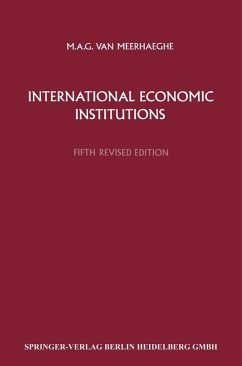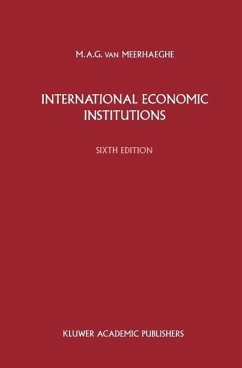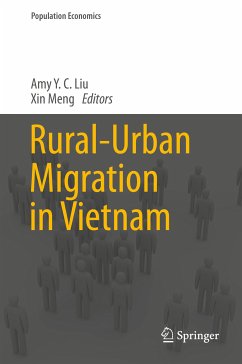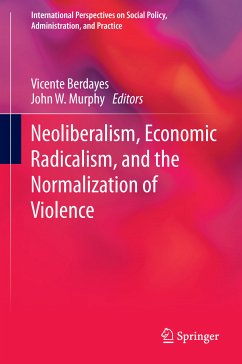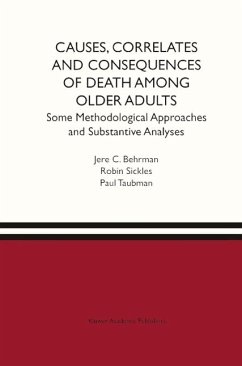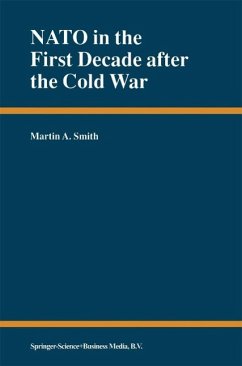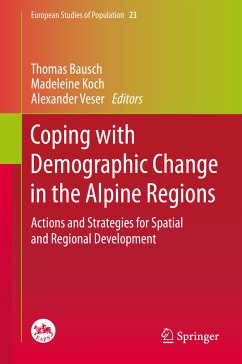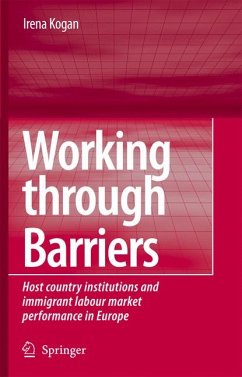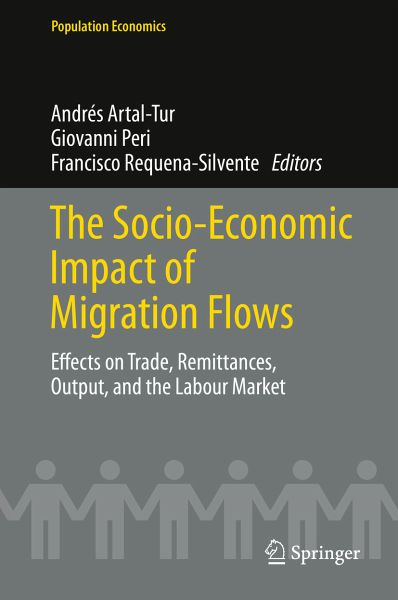
The Socio-Economic Impact of Migration Flows (eBook, PDF)
Effects on Trade, Remittances, Output, and the Labour Market
Redaktion: Artal-Tur, Andrés; Requena-Silvente, Francisco; Peri, Giovanni
Versandkostenfrei!
Sofort per Download lieferbar
72,95 €
inkl. MwSt.
Weitere Ausgaben:

PAYBACK Punkte
36 °P sammeln!
Though globalisation of the world economy is currently a powerful force, people's international mobility appears to still be very limited. The goal of this book is to improve our knowledge of the true effects of migration flows. It includes contributions by prominent academic researchers analysing the socio-economic impact of migration in a variety of contexts: interconnection of people and trade flows, causes and consequences of capital remittances, understanding the macroeconomic impact of migration and the labour market effects of people's flows. The latest analytical methodologies are empl...
Though globalisation of the world economy is currently a powerful force, people's international mobility appears to still be very limited. The goal of this book is to improve our knowledge of the true effects of migration flows. It includes contributions by prominent academic researchers analysing the socio-economic impact of migration in a variety of contexts: interconnection of people and trade flows, causes and consequences of capital remittances, understanding the macroeconomic impact of migration and the labour market effects of people's flows. The latest analytical methodologies are employed in all chapters, while interesting policy guidelines emerge from the investigations. The style of the volume makes it accessible for both non-experts and advanced readers interested in this hot topic of today's world.
Dieser Download kann aus rechtlichen Gründen nur mit Rechnungsadresse in A, B, BG, CY, CZ, D, DK, EW, E, FIN, F, GR, HR, H, IRL, I, LT, L, LR, M, NL, PL, P, R, S, SLO, SK ausgeliefert werden.




